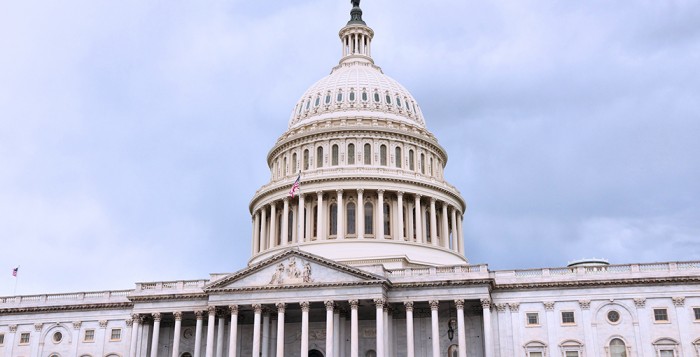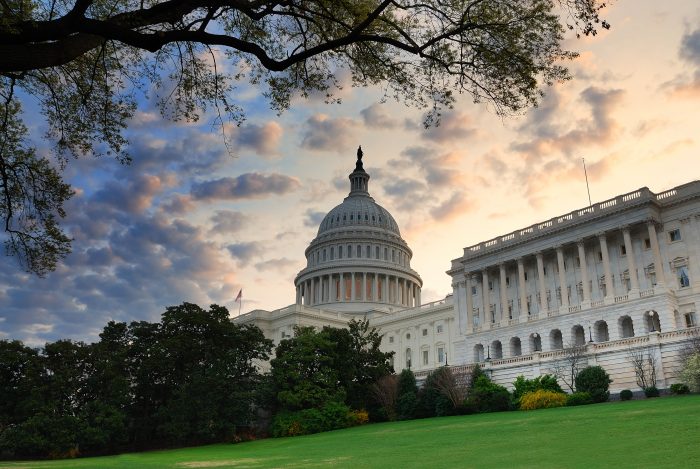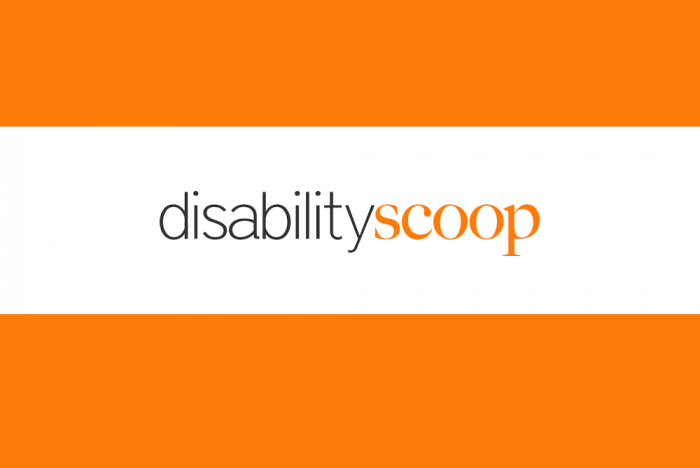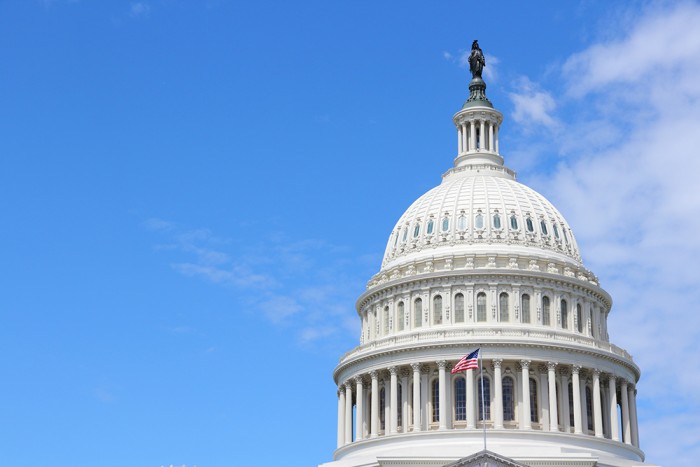OMB
Second Federal Judge Issues Temporary Restraining Order
Message from ANCOR:
A second federal judge has blocked the freeze on federal spending noticed earlier in the week through a memo from OMB.
The order directs the Trump Administration not to “pause, freeze, impede, block, cancel, or terminate defendants’ compliance with awards and obligations to provide federal financial assistance to the states, and defendants shall not impede the states’ access to such awards and obligations” until further arguments can be heard.
The order does not prevent the review of federal programs, only the freeze on federal spending during the review. The OMB memo was rescinded prior to the issuance of the order, but the judge expressed earlier in the week that he was not persuaded that withdrawing the memo removed the underlying harm.
A hearing is expected Monday on the previous restraining order issued earlier in the week. We’ll keep you posted as we learn more.
Lydia Dawson, JD
ANCOR | Vice President of Government Relations
571-932-5375
ACL Issues Notice of Court Order
DisabilityScoop: Trump Effort To Freeze Federal Funding Sows Confusion For Medicaid, Disability Programs
Updated Guidance on Federal Funds Freeze: January 30, 2025
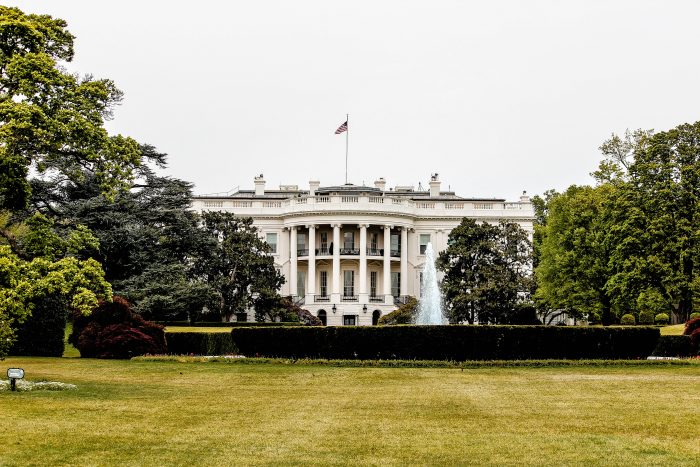
RCPA provided some late updates yesterday on the Federal funding freeze, and late last evening, the National Council for Mental Wellbeing provided members a legal interpretation on the rescinding of the Office of Management and Budget (OMB) M-25-13 and the issuance of the new memorandum M-25-14.
The following is from the National Council:
On Wednesday afternoon, the White House Office of Management and Budget issued a new memorandum—M-25-14 — that rescinded the pause to federal funding contemplated in a previous memorandum first issued on Monday night.
The new memorandum, which was directed to “heads of executive departments and agencies,” features a two-sentence statement reading: “OMB Memorandum M-25-13 is rescinded. If you have questions about implementing the President’s Executives Order, please contact your agency General Counsel.”
In the short term, M-25-14 certainly relieves some of the confusion and anxiety that swept across the federal grants world since Monday night. Our previous client alerts have chronicled the chaos that emerged late Monday and throughout the day on Tuesday.
However, in our review, there are still five key Executive Orders issued by the Trump Administration not affected by the rescission of M-25-13. Those EOs include:
- Reevaluating and Realigning United States Foreign Aid, directly addressing foreign assistance funding;
- Unleashing American Energy, freezing all programmatic funding for “green new deal” programs;
- Protecting the American People Against Invasion, freezing Department of Justice and Department of Homeland Security programs and contracts pending a review of immigration enforcement programs;
- Ending Radical and Wasteful Government DEI Programs and Preferencing, terminating all DEIA programs and activities in the federal government; and
- Ending Illegal Discrimination and Restoring Merit-Based Opportunity, terminating all DEIA-funded grant programs and contracts.
While the upheaval following the issuance of M-25-13 may have prompted the Trump Administration to change course and move away from pausing all federal funding, we certainly anticipate that federal grants in the above-listed areas will remain subject to a comprehensive review and new standards. Federal grantees with programs in these specific areas should undertake a detailed review and be prepared for future agency actions.
Federal grantees should continue to keep apprised of the Administration’s actions, orders, and statements relating to federal funding — as the rescinded memorandum likely foretells future clashes as the Administration attempts to exert control over federal spending.
Chuck Ingoglia
President & CEO
Strategic Leadership
National Council for Mental Wellbeing
In addition, ANCOR sent the following information last night:
In what’s turning from a whirlwind couple of days into a whirlwind week, there were notable updates today on the OMB memo on the freeze of certain federal funding issued earlier in the week.
Today OMB withdrew the memo with a simple rescission statement after a federal judge temporarily blocked the funding freeze for open awards and current spending. The order remains in effect until February 3 when a hearing is scheduled to determine next steps.
As you may have seen, later in the day, Press Secretary Karoline Leavitt posted to X, “[t]his is NOT a rescission of the federal funding freeze. It is simply a rescission of the OMB memo. Why? To end any confusion created by the court’s injunction. The President’s EO’s on federal funding remain in full force and effect, and will be rigorously implemented.” Without further specificity regarding the implicated executive orders, the situation remains fluid with the potential for later memos or other interpretive guidance which the White House maintains is authority held within the executive branch.
In other litigation, U.S. District Judge Jack McConnell made statements in court today indicating that another restraining order may be coming. With the memo rescinded, the Department of Justice Special Counsel argued the case is no longer relevant. However, the judge did not appear persuaded and asked for a draft protective order for response and consideration.
We’ll continue to keep you posted as we know more and hope to see you Friday (1/31) for our extended Members-Only Weekly Briefing at 12:30 pm ET to provide updates and review all available information together. See login information below:
Join Zoom Meeting: ancor-org.zoom.us/j/…
Meeting ID: 870 2745 7284
Passcode: 977618
In recent communications from the OMB, these actions will not impact programs that provide direct benefits to individuals and are explicitly excluded from the pause and exempted from this review process. In addition to Social Security and Medicare, already explicitly excluded in the guidance, mandatory programs like Medicaid and SNAP will continue without pause.
RCPA will continue to communicate new developments with members as they emerge. If you have any questions, please contact your RCPA Policy Director.
OMB Memorandum Rescinded
RCPA, in working with ANCOR and the National Council for Mental Wellbeing, has learned that the Office of Management and Budget (OMB) has rescinded the memorandum sent yesterday by the Trump Administration, which announced the pausing of distribution of federal funding.
Per National Council:
Moments ago, the Office of Management and Budget (OMB) reversed course on a memorandum instructing all agencies to temporarily pause the obligation and distribution funds for a wide swathe of federal programs, officially rescinding the order that spurred widespread confusion yesterday. The White House’s decision to rescind the memo comes after U.S. District Court Judge Loren AliKhan issued a brief temporary stay that would have delayed OMB’s directive from taking effect until Monday, Feb. 3, with the potential for further legal action beyond that date.
In addition, ANCOR reached out to members and said the following:
Hi everyone,
We wanted to make sure to update you that today OMB rescinded its memo from January 27 requiring a freeze on federal financial assistance: White House rescinds freeze on federal grants – The Washington Post. You can see the notice of rescission here. Thank you to all of you who reached out and helped push back on this yesterday! We are so grateful for your advocacy.
Thanks,
Elise
——————————
Elise Aguilar
Senior Director of Federal Relations
American Network of Community Options and Resources
Alexandria, VA
703-535-7850
RCPA will continue to communicate with our members as developments occur or if changes are made. As a reminder, this will not affect funding services that directly impact individual Americans, including Medicaid, Medicare, Social Security, and SNAP. If you have any questions, please contact your RCPA Policy Director.
Update Regarding Federal Funding Freeze
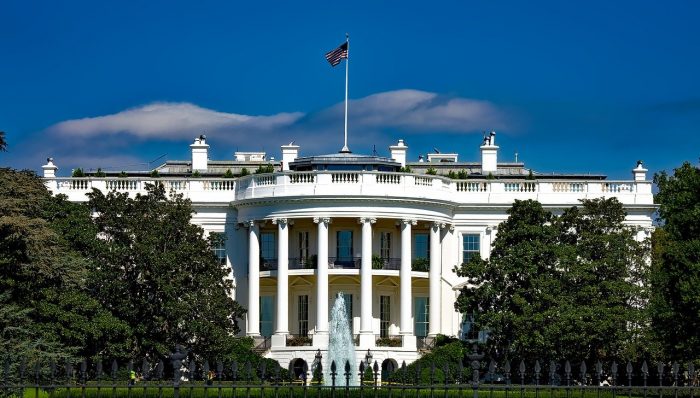
RCPA continues its efforts to update members on the White House funding freeze while partnering with the National Council for Mental Wellbeing and ANCOR in examining the implications stemming from the White House Office of Management and Budget’s (OMB) January 27 memorandum temporarily freezing federal disbursements to many federal programs.
The National Council has provided the following update:
Federal agencies have been directed to fill out a spreadsheet as part of an analysis by Feb. 7 to ensure compliance with the president’s most recent executive orders. This is a breakdown of which health programs are included in this latest action.
Notably, we recognize conflicting guidance has been issued. While the above report identifies Medicaid programs, a Q&A document from the administration notes that Medicaid will continue without pause. As of Tuesday morning, all 50 states reported outages of their Medicaid online portals, and the Trump administration has stated they are aware of the outages and expect the portals to be back online shortly.
Also, several groups have taken action to block this funding freeze. As of this writing, several Democratic state attorneys general said they would ask a court to block the freeze from taking effect. Several groups representing nonprofits, public health professionals and small businesses have already filed suit in D.C. asking the court to prevent the freeze from continuing. On Tuesday evening, U.S. District Court Judge Loren L. AliKhan issued a temporary stay on the funding freeze until Feb. 3 at 5:00 pm ET.
The funding freeze may lead to project delays or cancellations, resulting in layoffs of workers involved in these programs, and may ultimately increase the unemployment rate, making it vital lawmakers understand the impact of this freeze on communities across the country.
Most notable are the concerns with the intersects of Medicaid funding though the information that has been released. The Q&A document states:
Q: Is this a freeze on benefits to Americans like SNAP or student loans?
A: No, any program that provides direct benefits to Americans is explicitly excluded from the pause and exempted from this review process. In addition to Social Security and Medicare, already explicitly excluded in the guidance, mandatory programs like Medicaid and SNAP will continue without pause.
RCPA will continue to communicate new developments with members as they emerge. If you have any questions, please contact your RCPA Policy Director.
Update: Temporary Pause of Agency Grant, Loan, and Other Financial Assistance Programs

DEA Expected to Extend Telehealth Flexibilities for Controlled Substances a Third Time

This week, the Drug Enforcement Agency (DEA) submitted a final rule regarding virtual prescribing of controlled substances to the White House’s Office of Management and Budget (OMB). Though the final rule is not yet publicly available, the OMB registry posting, titled “Third Temporary Extension of COVID-19 Telemedicine Flexibilities for Prescription of Controlled Medications,” suggests an extension is coming that will go beyond the current expiration date of December 31, 2024.
Without a new rule or extension of the current flexibility beyond December 31, virtual prescribing of controlled substances without a prior in-person evaluation would no longer be allowed.
DEA received more than 38,000 public comments following its proposed rule in February 2023 for telemedicine prescribing of controlled substances. Subsequently, the telehealth flexibilities were extended to the current December 31, 2024, expiration date.
RCPA will continue to monitor progress on the final rule and communicate the details of the final rule once it is made public.
RCPA Submits Comments Advocating for SOC Code for Direct Support Professionals
Yesterday, August 12, RCPA submitted comments to the US Office of Management and Budget (OMB) on why direct support professionals (DSP) need their own Standard Occupational Classification (SOC) code. Without one, the unique work that DSPs do will not be captured, and the historically low wages that DSPs make will remain the norm. An SOC will allow for the gathering of legitimate data around wages and for the professionalization of the DSP workforce.
In June, OMB published the Federal Register notice announcing review of the 2018 Standard Occupational Classification (SOC) Manual for possible revision in 2028 and soliciting comments. This notice started the process of reviewing and possibly changing the Standard Occupational Classification (SOC) Manual for 2028. OMB is analyzing items such as how jobs are classified, the rules for coding them, the main groups of jobs, specific jobs such as public safety tele-communicators and care workers, and adding new types of jobs to the classification system.
We hope that these efforts produce an SOC that captures the essence of the multifaceted work that a DSP does on a daily basis. If you have any questions regarding the comments, contact Carol Ferenz.









